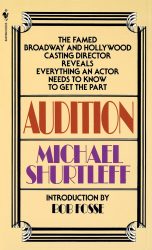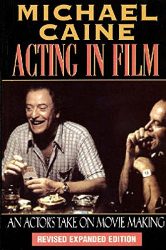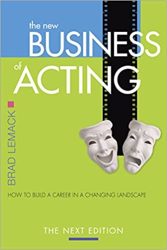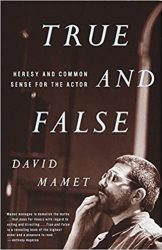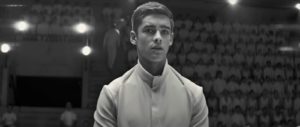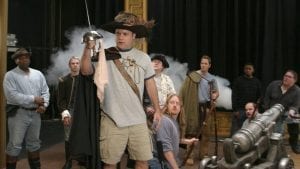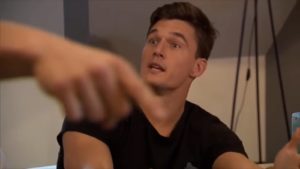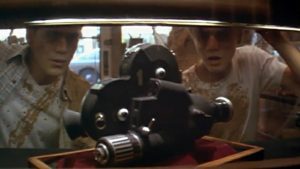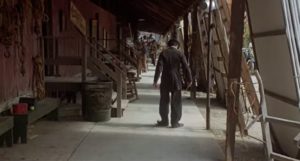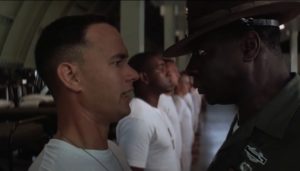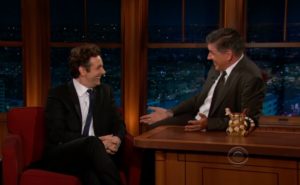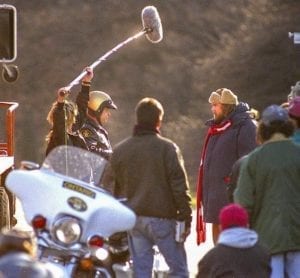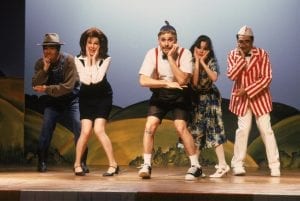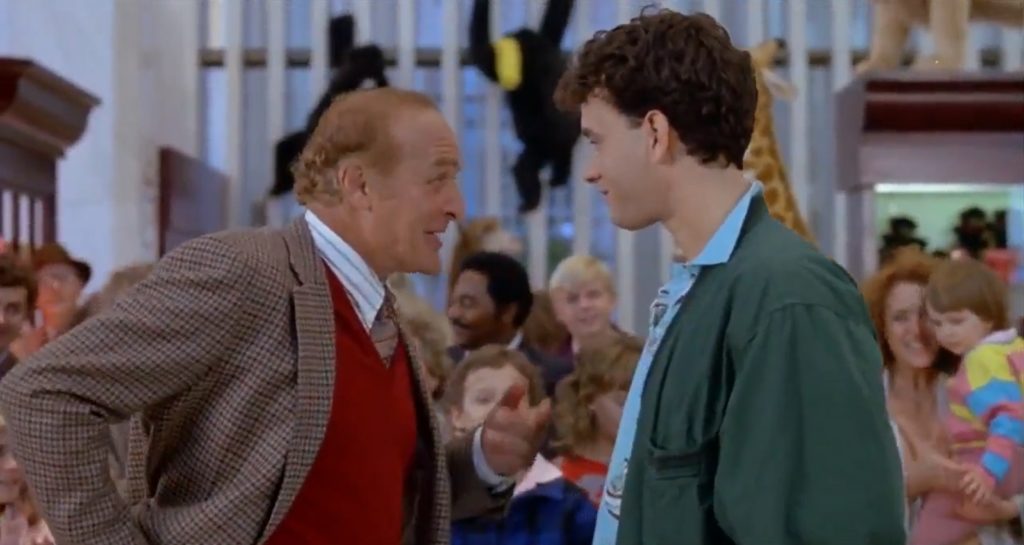
A common audition question actors get asked by casting directors is, “Tell me about yourself.”
Answer by talking about a hobby or experience of yours (unrelated to acting and, if possible, related to what you’re auditioning for). They want to see what life experience you can draw from when you act, get a sense of your personality, and see if you’re interesting to talk to (your social skills).
Details and examples of how you can talk about your hobbies or experiences for this purpose are described below. At the end, there a few additional tips.
What they want to get from your response
Actors get this question from producers, casting directors, agents, and schools because a big part of acting comes from drawing on your own experiences and thought. They want to see if you have anything interesting to draw from. Often, when actors act, their character’s situation might remind them of something they’ve felt or seen or read about, etc., and this prior experience can give them ideas about how to play that part. Therefore, having varied experiences can be helpful in acting because it can lead to more ideas about how to perform.
In the video below, you can see Alan Rickman talk about how it is important for actors to get experiences outside of acting in order to nurture their imagination when they do act:
One of the things that I remember from interviewing casting directors is how often many of them encourage actors and potential actors to have other things in their life that they can draw from. One casting director (who will remain unnamed) said that a lot of times talking to an actor is really boring because all they’ve done is focus on acting. It’s a little counterintuitive: if you’re really serious about something, you have to really focus on it, right? But here’s the thing: acting is a form of self expression. You need to have something to express.
Acting is like painting. It’s not just about having the technical skills related to brush strokes and mixing paints; it’s also about having ideas of what to paint. If you simply rely on other people’s explanations of ideas then, yes, you will still get a picture, but it might be more simplistic, like a forensic sketch artist’s police sketch rather than the Mona Lisa.
In my side hustle I teach dancing, and one of the things that I am asked the lot by students who have been dancing for a while is, “How do I improve when I feel like I’m plateauing?” And the answer is always to learn something else. An additional thing. It can be as related as a different dance or as unrelated as painting. But, by trying to learn a different skill, what you’re doing is you’re giving your mind more things to draw from, more tools that you can apply to your dancing skills. So, if you’re a salsa dancer, take some Tai Chi because that’ll make you better at salsa dancing (such as by helping you develop more fluid movements). If you’re an actor, go do something like therapy, mountain climbing, etc. – then you’ll have things to draw from.
Another reason why people ask, “Tell me about yourself,” is because they want to find out something that they cannot see on a photo or resume. It is not so much to see whether you qualify for the job but more to see whether you’re interesting to hang out with, to see if you have the social skills to communicate in a way that is interesting to listen to. They want to see how easy it would be to have a casual conversation with you. If your answer leads to further conversation, it can make them feel you’re easy to talk to.
So now that we understand the reason behind it, let’s go over a couple of tactics on how to respond to “tell me about yourself” in a way that’s going to pique the listener’s interest and curiosity.
Method 1: Introduce yourself through a hobby
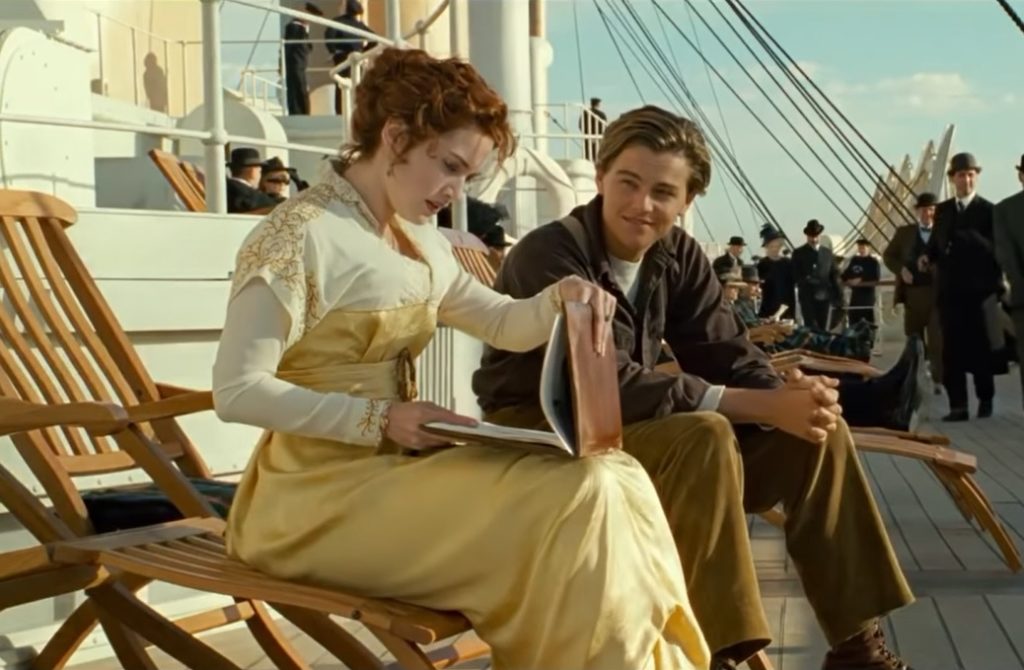
Introducing yourself through a hobby means, instead of starting the conversation with some stats about you and your background, you literally just introduce yourself as a mountain climber, or a painter, or a salsa dancer, etc. and then elaborate over a few sentences.
Need ideas?
- Think about a hobby you have that is physical, such as sports, outdoor activities, etc.
- Think about a hobby you have that is artistic or requires creativity, such as painting, chess, making DIY videos, etc.
- Think about something you’ve just started learning, such as a new language, martial art, sewing, etc.
(If none of these apply, maybe start doing some of them.)
A brief statement about your hobbies, right away, tells the listener something about you that isn’t general information, and is instead something specific that also gives the listener something to remember you by.
Think also about what further conversation your answer might lead to. If you want to be more strategic about it, then talk about a hobby that is in some way related to what you’re auditioning for.
Example 1:
I was auditioning for a non-speaking role in a kids’ dance TV show (it was like a youth version of Step Up). They did not know I could dance because the character didn’t require any dancing but, when the casting director asked me to tell her a little bit about myself, I replied back saying that I’m a salsa dancer. Right away she picked up on that and what followed was a 10–15-minute conversation about salsa dancing and its relation to jazz, etc. I didn’t end up getting the part, but she called me back several more times every time there were both non-dancing and dancing roles that fit my look.
Why did she call me for non-dancing roles? It may have been because something in our previous conversation gave her the sense that I could play these other parts. By getting to know me in terms of my hobby she also got to know me as a person.
Example 2:
An agent asked me to tell her about myself and I said I’m a backpacker. She asked me what that meant, and I told her I travel for the cheap across South America often. This led to further conversation, and I was also being strategic. You see, the part I was auditioning for was as a bit of a nomad, someone who is always on the move. The conversation started about traveling to South America and then slowly proceeded to how it was really good for the character. I ended up getting the part.
Example 3:
Joey Batey, who plays the lute-playing Jaskier in The Witcher (Netflix), said, “. . . I’m pretty sure they cast me because I could play the lute. I think anything else that I brought to the role was in the casting director’s eyes an absolute bonus.” (full article)

Does the hobby always have to be related? No. As long as the hobby is an actual thing you do, it’s fine. The point is to get interest, curiosity, and have further conversations.
What if I don’t have any interesting hobbies? Well, the answer is, it doesn’t have to be interesting it just has to . . . be. For example, one of my fellow actor friend’s answer to “tell me about yourself” was saying that she’s currently binge-watching Breaking Bad. Right away they went into a conversation about the TV show and then the subject matter of the TV show, and it made her much more interesting than just an answer about where she was from, etc. Therefore, you can think about an obsession that you have. Also, remember that you acquire new hobbies.
Method 2: Introduce yourself through an experience

The experience you mention can be a travel experience, an experience with other people, or just anything that you’ve done in your life. Remember, the goal is not to be super exotic or super provocative; it just has to be something you can talk about naturally. If they have had a similar experience to you, then you two can bond over that shared experience. If they have not had a similar experience, then that can arouse their curiosity. Also, remember that many actors draw from their own experiences to create a character or a performance; by talking about your experiences when you introduce yourself, you are also saying that you can do this.
Need ideas?
- Think about a place you visited and why it had an impact.
- Think about a lifestyle choice you’ve made, such as minimalism, having a low carbon footprint, or being vegan.
- Think about where you see yourself in five years and why.
- Think about a life milestone/event you’ve recently had, such as if you just got married, engaged, lost a loved one, or graduated.
- Think about a recent change you’ve made, such as moving to a new place or getting a new pet.
Example 1:
One of my actor friends’ “tell my about yourself” answer was that she has had her heart broken 5 times. Right away we were all instantly curious. It seems something so personal, so intimate, and she went into how her heart was broken not just from relationships but from other experiences she had, which led to a huge amount of conversation about what love means.
Example 2:
Another actor friend answered by saying that they had never been anywhere outside of Ontario. Most of us were shocked that they had never gone on vacation to another country or even traveled to another province in Canada. That made us reflect and led to a conversation about how different our lives must have been. This goes to show that even the lack of a specific experience can be used as an experience to generate conversation.
Example 3:
Stephen Tobolowsky, who played amnesiac Sammy Jankis in Memento (2000), got the role after he said, in his audition, that he had actually experienced temporary amnesia after a surgery because of the pain killers he was taking. In the video below, you can see how he describes that experience:
Extra tips and variations
Tip 1: Come up with multiple hobbies/experiences you can talk about
You don’t do archery with just one arrow. You take multiple arrows. Similarly, it’s good to prepare yourself to be able to talk about various different hobbies and experiences. That way, if you bring something up and it doesn’t garner any interest you can always bring up something else. And if your hobby doesn’t really relate to the project then you can still bring up some experience.
Tip 2: You can begin with a question
Another way that you can create variation is by taking your hobby or experience and introducing it as a question. Answering a question with a question is not only a fun improv game but it’s also a great way to keep someone engaged right away, getting them to think about something that you’ve done.
Example 1:
Are you much of a dancer?
I’m actually a huge dancer. In fact, when I not acting, I’m just learning other styles of dance. All my bread and butter is salsa dancing.
Example 2:
Are you much of a TV watcher?
I’m not a big TV watcher but I have not been able to stop watching Breaking Bad recently. I am binge-watching the episodes, and I’m excited after this is done to watch Better Call Saul.
Example 3:
Do you speak any other languages?
I love to learn languages, but I think the only way to do that is by going to the places where they’re spoken, so I backpack a lot in South America.
Tip 3: Practice in regular conversations
Having the answer is not enough. Just like with learning lines and finding your character, you have to practice and study. So, my advice to you is, once you have a few ideas about questions or hobbies or experiences you might want use in your answer, start trying to throw them into social conversations. If you can do that and it keeps the conversation going or helps builds the conversation, then you know you have something that people find interesting. If not, then you know what you can work on.
Tip 4: It’s about the connection
Most of us love to talk about ourselves when it comes up naturally but, the second we are asked about that outright, it becomes difficult; we don’t want to sound arrogant or self-centered. To make it easier to talk about yourself, remember: telling people about yourself isn’t about you, it’s about connection. Helping them connect with you and helping them see your ability to connect to the character.
